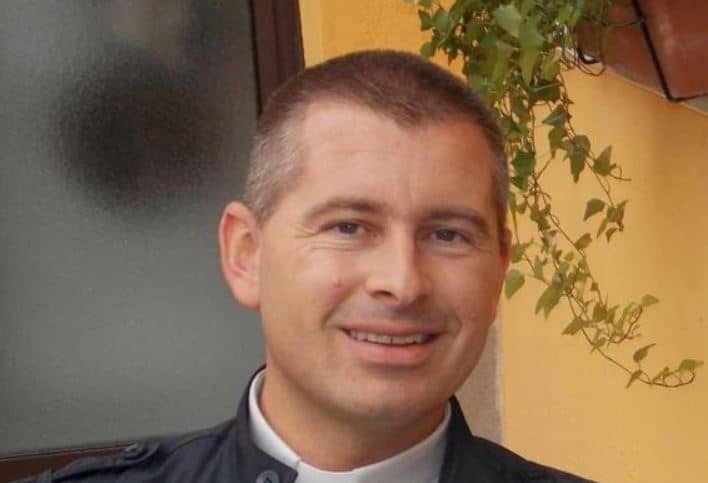France’s Catholic bishops plan to open their plenary assembly for the first time to lay participation following the passage of a controversial bioethics law despite mass church-backed opposition.
Constance Pluviaud, media relations officer of the French Catholic bishops’ conference, said Archbishop Eric de Moulins-Beaufort of Reims, conference president, “wants to change how our plenaries function and highlight themes common to both church and society.”
“There’s a lot of discussion about clericalism in today’s France, and when it comes to issues affecting everyone, the bishops have realized they need to reflect with laypeople, not just among themselves,” Pluviaud told Catholic News Service.
Bishops plan to invite lay representatives to their fall assembly Nov. 5-10 in Lourdes.
Pluviaud explained that lay Catholics would be asked to offer “experience and inspiration” at a debate on ecology before leaving the bishops to resume “normal plenary functions” and prepare their final message.
“This is an experiment. We’ll see which ideas and conditions emerge for more regular participation by baptized laypeople,” she said.
In an Oct. 11 message in France’s Catholic La Croix daily, the bishops’ permanent council described the move as an “exercise in synodality,” adding they had become “rapidly convinced” that social changes have challenged “habits of thought and life” and offered “a great opportunity to shine the light of God’s revelation.”
La Croix said it was expected that laypeople would be invited to plenaries over the next three years “to promote mutual listening” and “bring the church in France closer to citizens again.”
The decision coincided with the Oct. 15 passage of a revised bioethics law in the National Assembly. It allows state-funded medically assisted procreation for single mothers and lesbian couples.
The measure, approved 359-114 with 72 abstentions, was condemned by the French church, with 56 prelates urging Catholic opposition in statements on the bishops’ conference website. Opponents of the bill, supported by hundreds of organizations, organized a mass protest in Paris Oct. 6.
Msgr. Thierry Magnin, secretary general of the bishops’ conference, told Vatican Radio Oct. 17 that “various philosophical and religious groups” had spoken out during the bioethics debate in a “fine testimony to democracy,” but said that the bishops believed “everything was prejudged from above.”
He said key “consequences for children to be born” under the new legislation had barely been considered before the assembly vote, with attention given “only to the hankering and desires of contemporary society,” and what “current science and technology made possible.”
The day of the vote, Paris Archbishop Michel Aupetit called on legislators not to “hinder the truth” during the annual parliamentary Mass. He also urged them to be cautious about “admirable discoveries” in science and genetics.
“These fantastic findings risk making us blind, and blindness makes us conceited, and conceit makes us dangerous,” he said.
“We thought we could dominate nature, and we see how it’s dying in and by our own hands,” he said. “We think we can master life and so redefine parenthood, yet this foolishness will lead to the same errors and dangers. We have science, but let’s also have wisdom.”
Crux is dedicated to smart, wired and independent reporting on the Vatican and worldwide Catholic Church. That kind of reporting doesn’t come cheap, and we need your support. You can help Crux by giving a small amount monthly, or with a onetime gift. Please remember, Crux is a for-profit organization, so contributions are not tax-deductible.

















